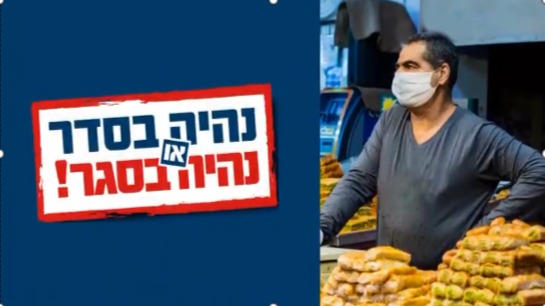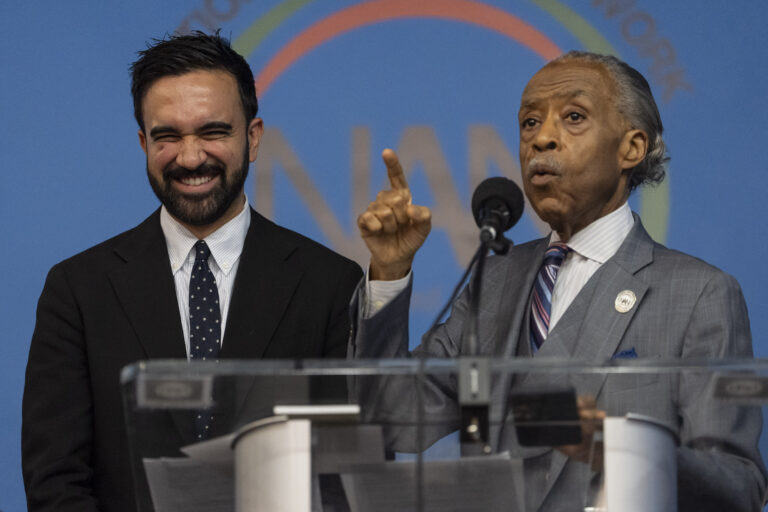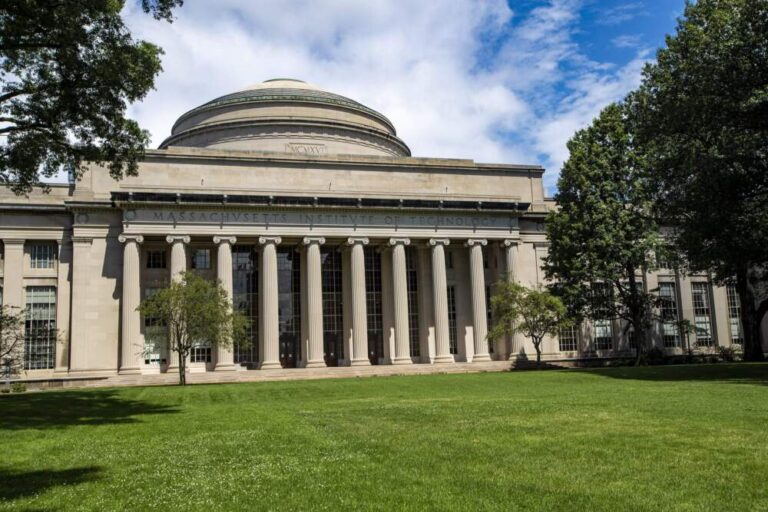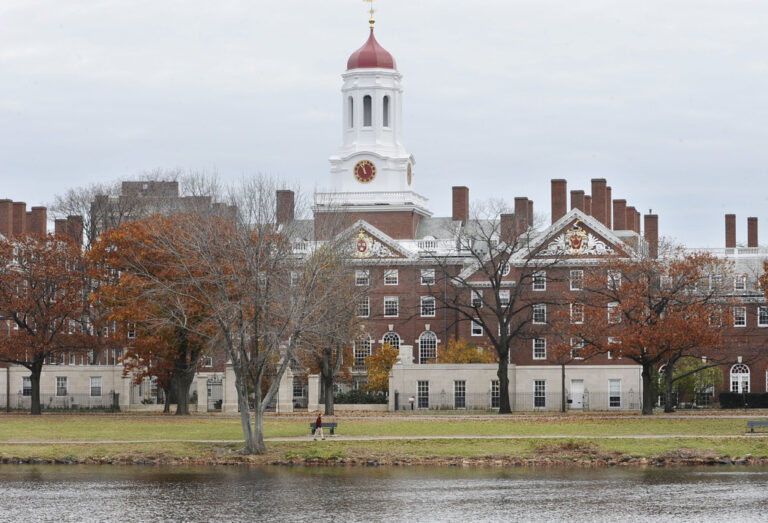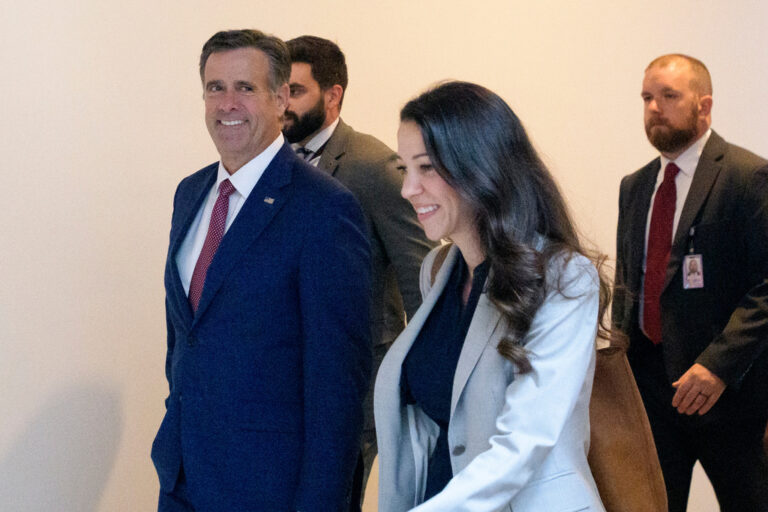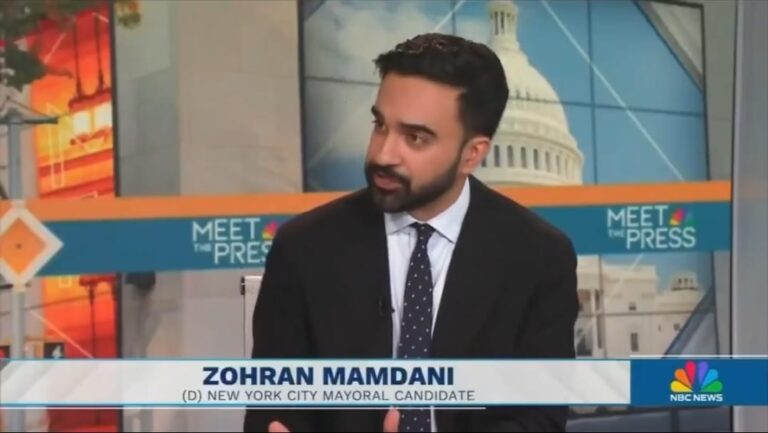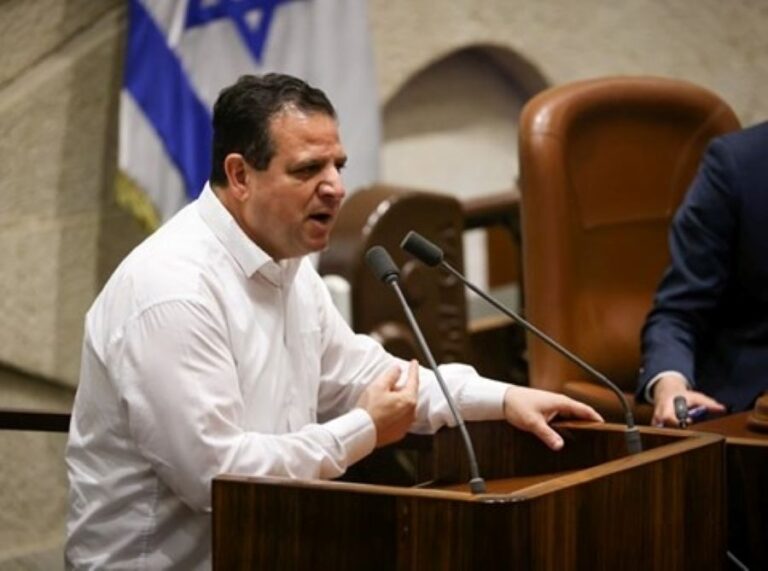Israel’s restaurants, bars, swimming pools, hotels and tourist attractions re-opened on Wednesday as the government launches ahead to revive the beleaguered economy.
The government approved the lifting of the restrictions late Tuesday night. Prime Minister Binyamin Netanyahu told Israelis: “Drink a cup of coffee and a beer too. Go out and make a living.”
Health Minister Yuli Edelstein told Israelis that the decision to reopen the economy is “a gift for the chag for the citizens of Israel” and also emphasized that shuls will now be allowed to hold minyanim with up to to 70 people.
Edelstein also warned that Israelis must take their responsibility to adhere to health ministry regulations very seriously. “Otherwise, there won’t be a choice and we’ll be forced to return to lockdown to guard the health of everyone,” Edelstein said.
נהיה בסדר – או נהיה בסגר!
לקראת החג ועם המשך פתיחת המשק, הנחתי את אגף ההסברה להתחיל בקמפיין על מנת להזכיר – מוטלת עלינו אחריות רבה לשמור על הנחיות משרד הבריאות: לעטות מסיכות, לשמור על מרחק ועל היגיינה. אחרת, לא תהיה ברירה ונאלץ לשוב לסגר כדי לשמור על הבריאות של כולנו. pic.twitter.com/EqbgNGn6ni— Yuli Edelstein 🇮🇱 יולי אדלשטיין (@YuliEdelstein) May 27, 2020
All reopened establishments will be required to meet “purple badge” standards, a government certification that the business has met health ministry standards. Any business found to be violating regulations could be fined NIS 2,000 ($570).
Restaurants and other eateries that can hold up to 100 customers are allowed to open at full capacity and those that can hold over 100 can operate at 85% capacity. Tabled must be placed 1.5 meters apart and reservations should be made in advance as much as possible. Food cannot be presented buffet style or through self-service but must be brought to the tables by waiters. Food on display must be covered.
The tables, chairs, and salt and pepper shakers and condiment bottles on the tables must be thoroughly disinfected between customers and tables must be set with new plates and cutlery only after the customers are seated. Only disposable menus may be used.
Swimming pools must limit visitors so that each swimmer has at least 6 meters of space inside the water and at least ten meters outside the water. Dry saunas may reopen but wet saunas and jacuzzis must remain closed for the time being.
Tourist attractions, such as amusement parks, cable cars and boat rentals must limit visitors to allow each visitor ten meters of space within the site. Within the facility, two meters must be allowed for each person on the rides, cars or boats (except for members of a nuclear family). Rides, cars and boats must be disinfected between each use. Gymborees and water parks are to remain closed for the time being.
Museums must allow each visitor seven meters of space, disinfect areas as needed and adhere to “purple badge” standards.
Hotels may reopen their dining rooms and pools if they adhere to the same regulations as restaurants, and pools.
Youth groups may also reopen on Wednesday, with the number of participants limited to enable each participant to have at least 7 meters of space within the facility or up to 50 participants if two meters can be maintained between each one. Each facility must host a consistent “capsule” of children and adhere to “purple badge” standards.
A rollback of restrictions on the number of passengers in cars and taxis began on Wednesday as well and after over two months of a ban of over two passengers in one car, cars can now have three passengers besides the driver (and more if they are members of a nuclear family).
Currently, wedding halls, concert halls, theaters, and similar venues are scheduled to reopen on June 14. However, according to a Channel 12 News report, a government proposal is on the table to allow open-air events with up to 500 participants before that date.
(YWN Israel Desk – Jerusalem)

